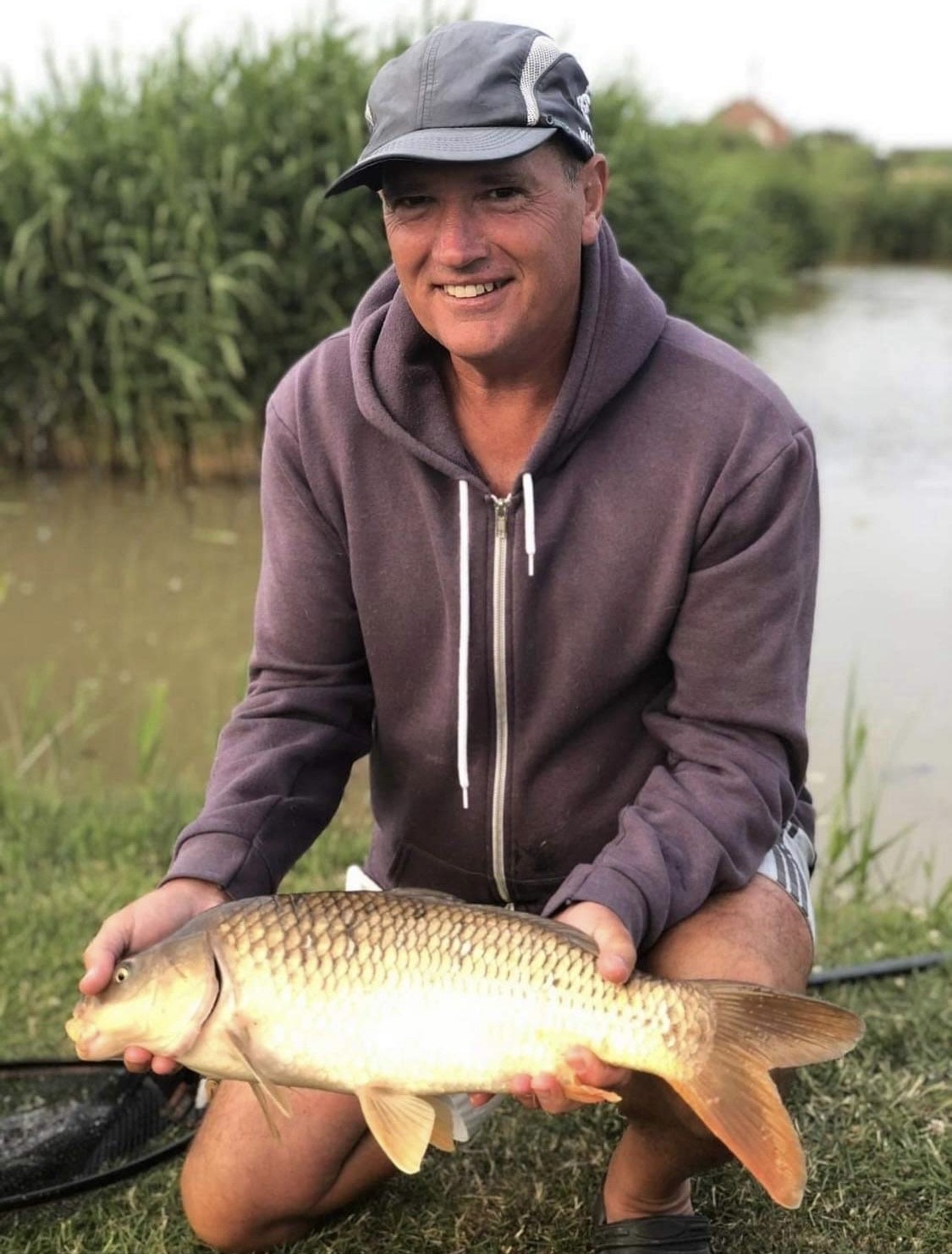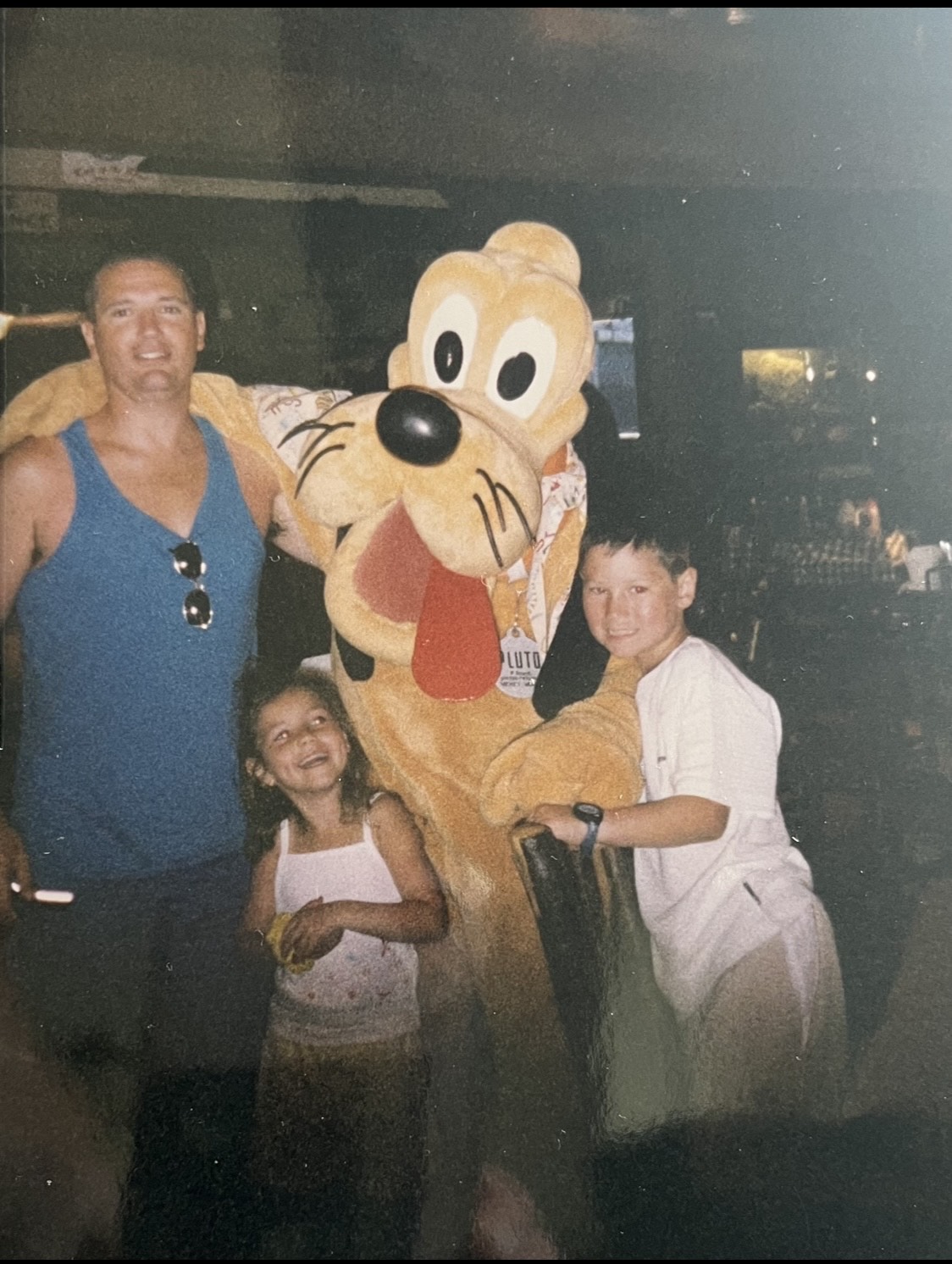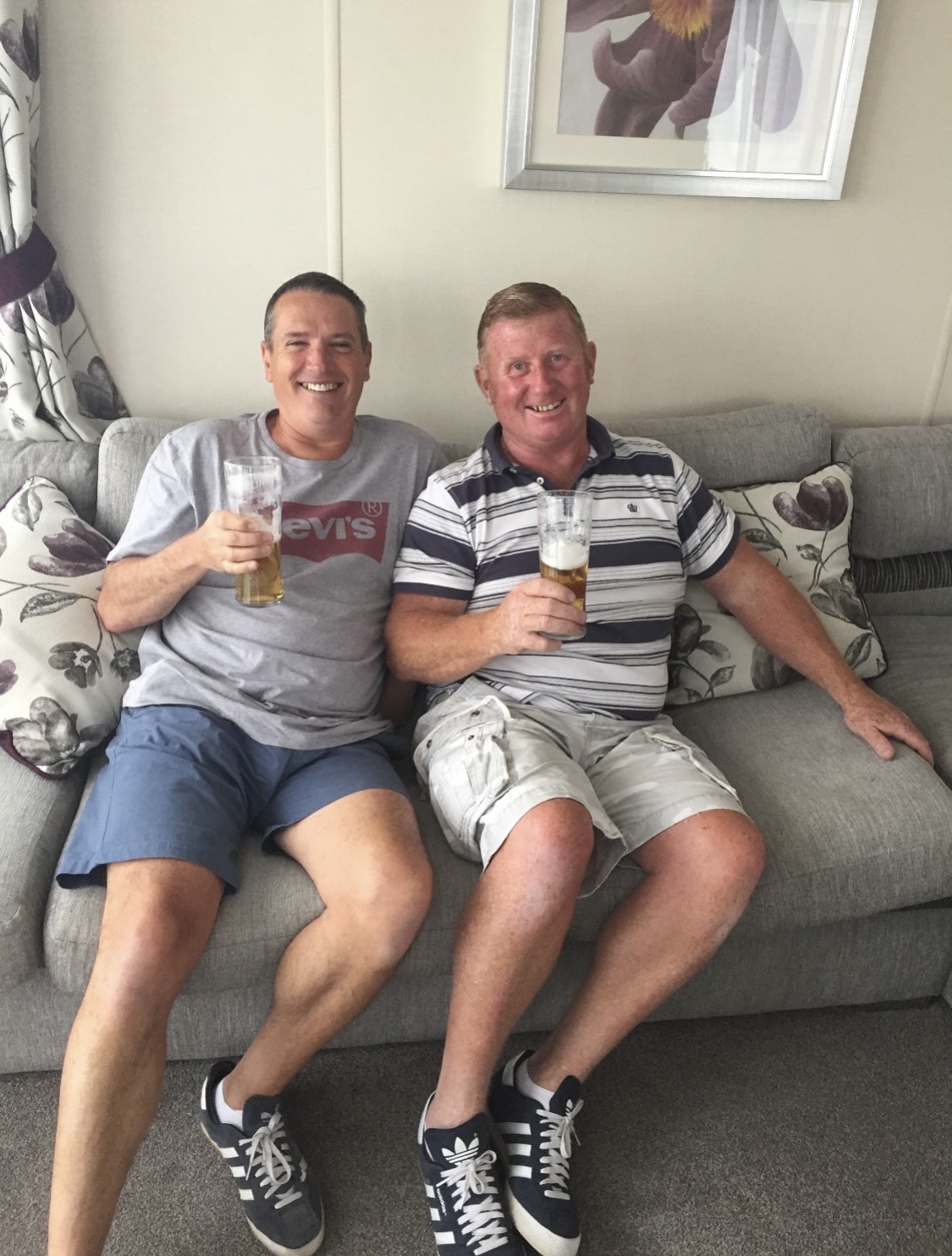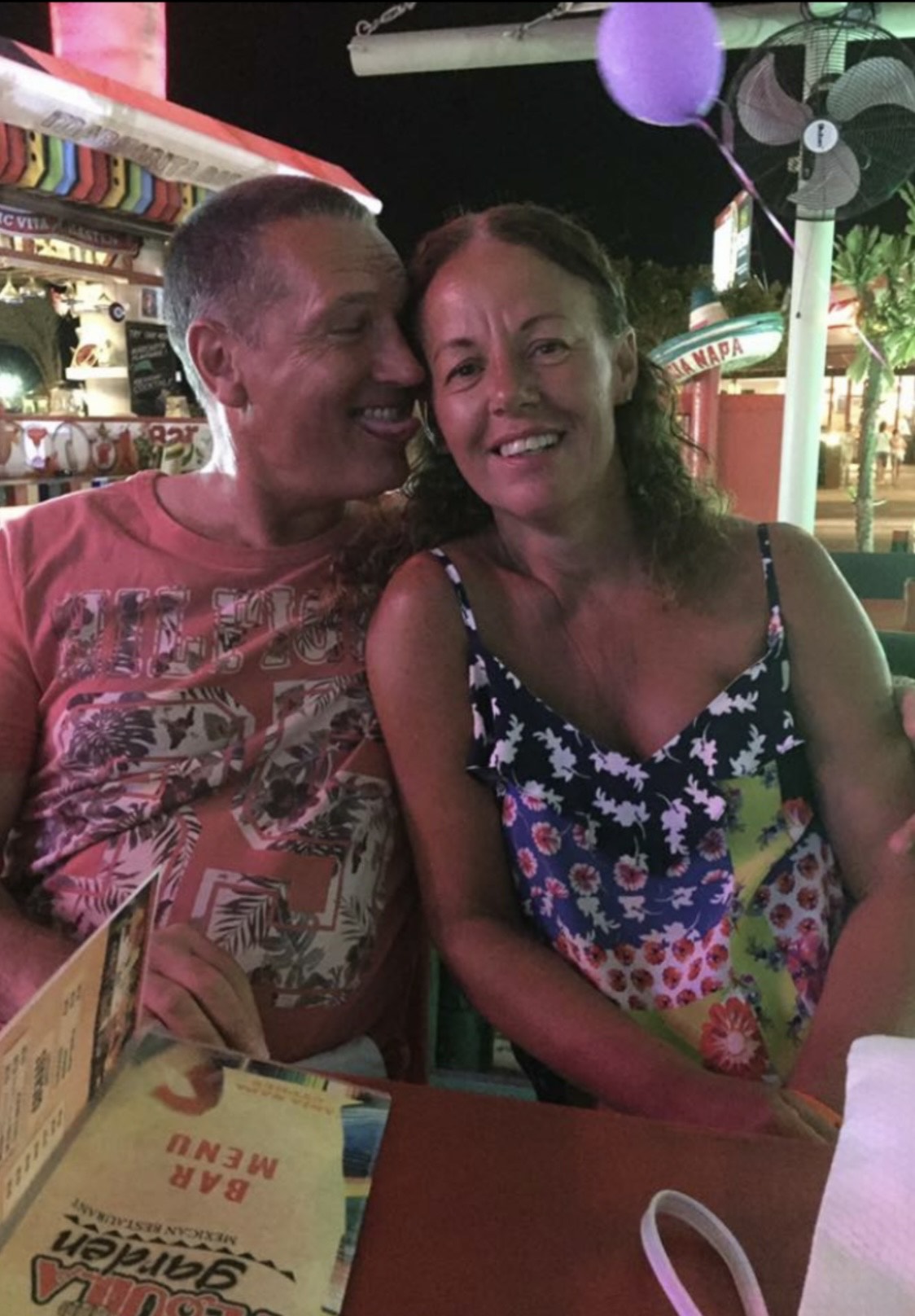“The cancer had spread like wildfire. Only three weeks after diagnosis, we were told nothing more could be done.”
Kim Bradshaw shares her Dad's story and how their hearts were broken when his pancreatic cancer was diagnosed too late for life-saving surgery.

“Dad had been seeing the GP since September 2021 with recurring back and stomach pain. The doctors carried out numerous blood tests, urine tests and stool samples, but everything came back clear. The GPs suggested he may have kidney stones and had noted a small hernia. Dad knew the pain was something else, as he had kidney stones in the past and he told us that this pain was completely different.
“Fast forward to December and Dad’s pain was getting worse, but we still didn’t know why. My birthday is on 21st December, and for the first time ever, he didn’t join us for our family meal as he felt too unwell. For a man who loved food and drink, on Christmas Day, he couldn’t face a fork of Christmas Dinner or his favourite pudding and custard. As a family, we insisted he check back in with the GP in the New Year to try and get some answers, because he wasn’t the person we knew anymore.
“Having recontacted the GP in January, further blood tests were carried out. Within days of having these, the doctor called to say the results showed tumour markers had been found in his blood. A rapid referral through Leeds’s ACE team led to more tests and scans over the following few weeks. Dad received a letter to attend St James’s University Hospital to meet with a consultant and was advised to bring support. We knew then that there was something wrong.
“In the first meeting with the consultants on 10th February 2022, Dad was diagnosed with pancreatic cancer. They’d need to do further scans to determine exactly where the cancer was, if it had spread and what, if anything, could be done.
“On 18th February 2022, we had a second meeting with the consultant and our hearts were broken when Dad was diagnosed with stage four pancreatic cancer. Follow-up scans had shown that his cancer had already spread to his liver and surrounding areas, meaning there was little that could be done.

“Chemo was an option, but only to try to help keep the cancer at bay and hope for a little more time – it wouldn’t reduce or remove the cancer. The prognosis was heartbreaking – a year with chemotherapy or maybe six months without. Following discussions with the consultant, Dad from the get-go said he would fight, have chemotherapy, and live as long as possible.
“Of course, we’d support Dad in whatever he chose to do, but we also had to have realistic conversations with the consultant. Opting for chemotherapy seemed a no-brainer, buying time so to speak. But chemotherapy would be gruelling, can make you very weak/poorly and would require many weeks spent in hospital getting treatment. What extra time would he really be getting to ‘live’? With our support, Dad decided chemotherapy was the way forward, and his first sessions were booked pretty much immediately.
“By this point, Dad was getting poorlier by the day. He struggled to eat, had lost a lot of weight, and had no energy to do basic things. But we lived with the hope that the upcoming chemotherapy would improve things a little and allow us the ‘family time’ we hoped for. We’d already begun to think about a last family trip, where we would go, and what the logistics would be with Dad’s new medical needs. Benidorm was on the cards – somewhere Dad had always wanted to go, and we’d booked for his 60th birthday two years prior, but it was cancelled due to Covid-19.
“However, things turned from bad to worse over the coming weeks when Dad was admitted to hospital following a stroke – common in cancer patients due to the thickening of the blood. Devastatingly, the chemotherapy had to be cancelled as Dad was now too ill. Despite all attempts to help manage Dad’s symptoms, including fitting stents and a bile bag to help with drainage, nothing was working, and Dad’s health was rapidly deteriorating.
“The cancer had spread like wildfire. Only three weeks after diagnosis, we were told nothing more could be done. Dad was fully aware of his situation and expressed his wishes to go home and be with his family for whatever time he had left. On the morning of Monday 14th March 2022, we met with a team at St. James’ to set up palliative care at home. Dad was brought home from the hospital on Tuesday 15th March. We were told by the doctor upon discharge that he would survive around a week at home – the following day, after a home visit by our GP, we were told 24-48 hours.

“We are so, so proud that Dad continued to fight every day, giving us just over two weeks with him at home, albeit very ill. Unfortunately, Dad lost his short, but hard-fought battle on 31st March 2022, just fifty days after diagnosis.
“As a family, we have fought hard to turn a negative into a positive. Before Dad was diagnosed, we knew nothing about pancreatic cancer and found that most of our friends and family didn’t either, with many, (including me) having never heard of it! We were shocked to learn that statistics showed that between 80-90% of pancreatic cancer cases were found ‘too late’ – when the cancer has become incurable.
“Our aim ever since has been to try and spread awareness of the disease – if more people know the signs and symptoms, more people will be diagnosed earlier. We were also shocked to find that there is an extreme lack of funding for pancreatic cancer, with the survival rates lagging significantly behind other types. This encouraged us to set about fundraising in Dad’s memory, to support the amazing work Pancreatic Cancer Action do to save lives through early diagnosis.”.
Kim Bradshaw
In memory of Robert Bradshaw
19.05.1960 – 31.03.2022
